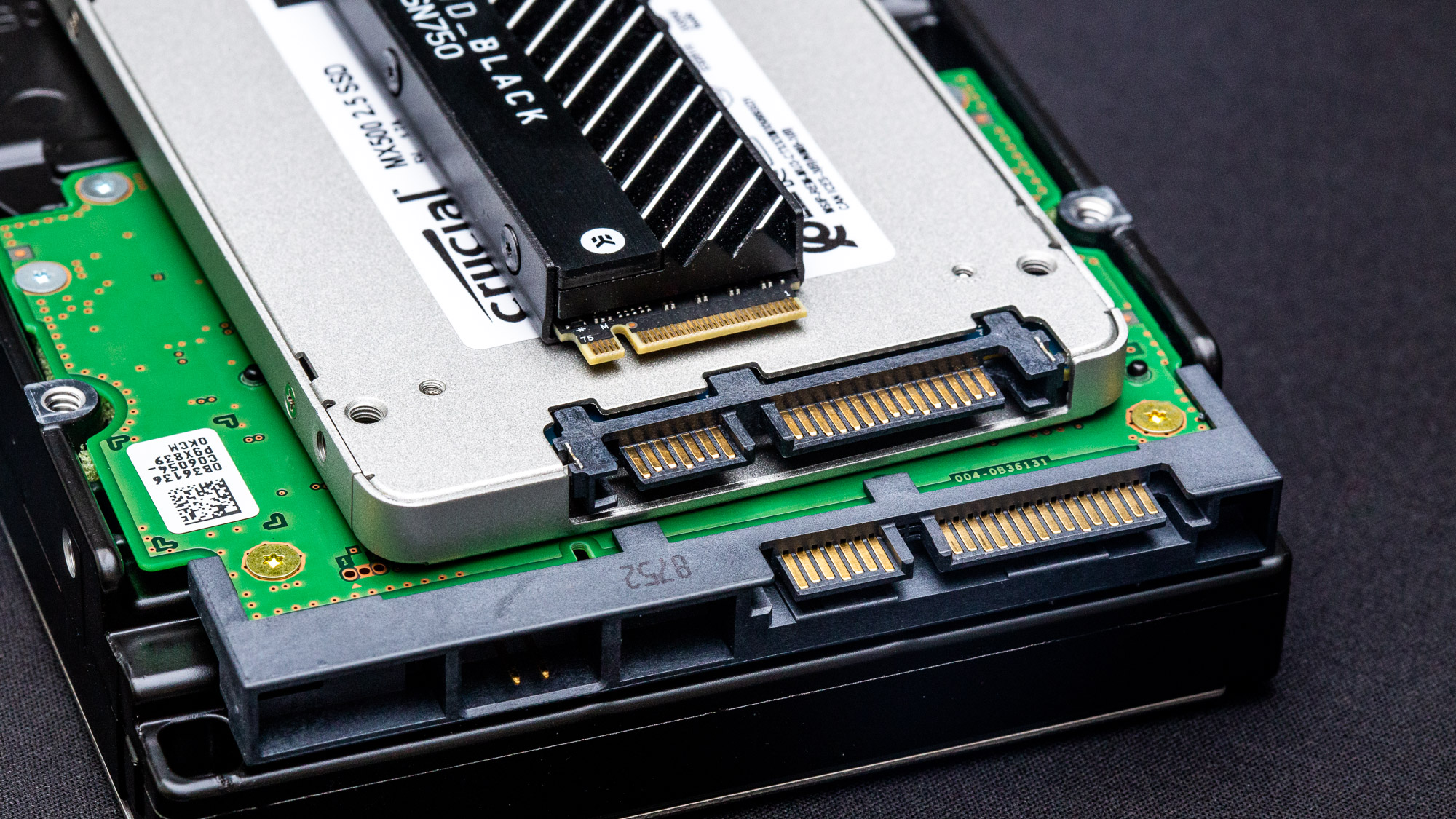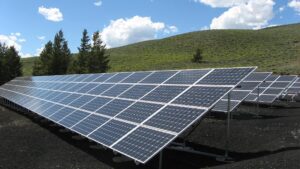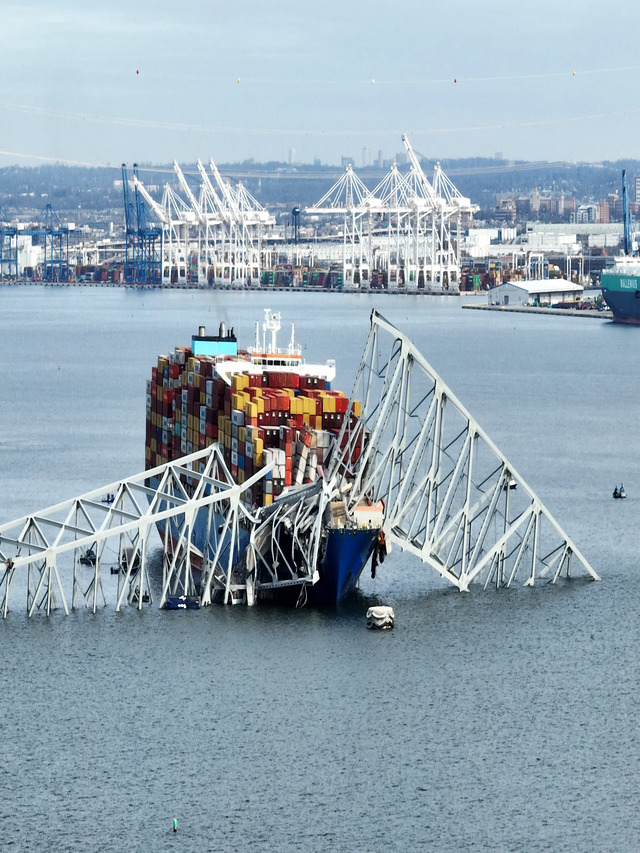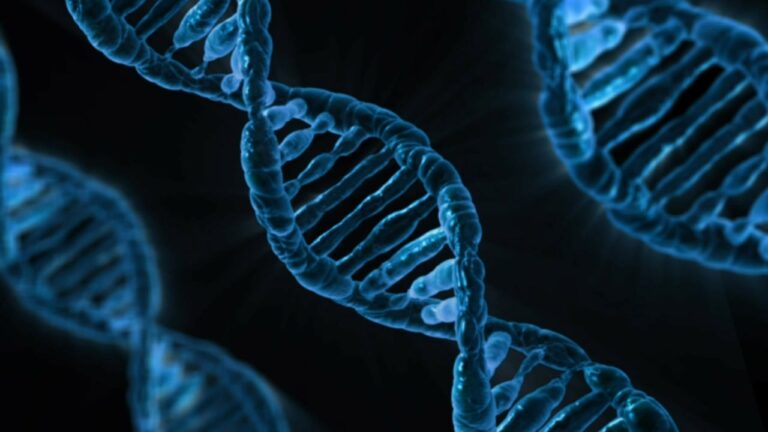With regards to information capacity answers for a PC, there are three primary sorts of hard drives, SATA, strong state drives, and hard plate drives. Get the best deals on Dell SATA Hard drive in India.
Hard drives are essentially metal plates with an attractive surface that store the main part of your information.
Your resume, photos of your canine, and your #1 plans are completely put away there, accepting you haven’t placed them in the cloud.
Here we will analyze the distinctions between SATA, SSD, and HDD drives.
SATA versus HDD and SDD
Hard plate drives (HDD) are the first hard drives. HDDs utilize a read/compose arm on top of a turning plate. The entire gadget sort of looks like a little, glossy vinyl turn table. These drives are enormous, cumbersome, and inclined to issues.
One of the most bothering issues of hard circle drives is that they will more often than not get “divided” with time.
This happens because of the circle becoming swarmed with information that was not composed on the drive successively.
At the point when huge records are being kept in touch with another drive, they fit pleasantly into the extra room.
However, over the long haul, and heaps of records of differing sizes become kept in touch with the plate, they don’t all fit together pleasantly.
HDDs can in any case get to records that are not all written in one spot. It simply requires some investment as the drive needs to turn for a brief period longer.
That is the reason hard circle drives should be “de-divided” or “de-fragged” occasionally.
Records must be arranged back together in a precise style, much the same as a real, actual file organizer. Strong state drives (SSD), by examination, don’t have this issue.
SSDs store memory in streak drive where it tends to be handily gotten to.
It’s practically similar to irregular access memory (RAM) that doesn’t erase itself when the gadget powers off. It’s progressive in that interestingly, hard plate stockpiling can now be lightning quick while fitting onto a considerably more modest gadget.
That is the reason PCs have gotten such a ton more modest and lighter as of late.
There could be presently not any requirement for the massive hard circles that once looked like cross-cut segments of a cinderblock.
SATA versus HDD and HDD versus SSD
The third choice for hard drives is a SATA drive. SATA drives are more affordable and more normal than SSDs.
Nonetheless, SATA drives are additionally more slow to boot up and more slow in recovering information than SSDs.
Assuming that you’re searching for a hard drive with huge loads of extra room, a SATA drive might be for you, as they generally hold terabytes of information.
In any case, observe the way that in light of the fact that SATA drives have moving parts, they are bound to breakdown.
HDDs are like SATA drives with regards to the usefulness.
Contrasting SSDs with HDDs is like contrasting SATAs with SSDs. We should take a gander at the distinctions concerning unwavering quality, speed, and life expectancy.
SSD versus HDD Reliability
SSDs are more dependable than HDDs. Since SSDs don’t have moving parts (consequently the expression, “strong express”), there’s much less that can turn out badly as far as failing. And keeping in mind that the life expectancy could commonly be more limited than a HDD, strong state drives win the skirmish of SSD versus HDD unwavering quality gives over.
SSD versus HDD Speed
Truly, SSD drives are quicker. Records can be composed and perused without the requirement for a turning circle.
It resembles the distinction between a two-wheeled bike that you need to push and one with an electric engine.
There’s something else to be said about SSD versus HDD speed.
Frameworks utilizing SSD drives feel snappier because of their capacity to recover documents rapidly. HDDs simply don’t work the same way.
SSD versus HDD Lifespan
At this point, you might be imagining that SSDs are far better than different kinds of hard drives.
Also, temporarily, this might be valid. In any case, with regards to SSD versus HDD life expectancy, another image emerges.
SSDs work by driving electrons through an entryway to fundamentally alter their state.
This makes mileage on the cell, step by step decreasing its presentation until the drive gives out.
In this way, while HDDs become hindered with weighty capacity and should be defragmented, they will more often than not last longer on the off chance that you anticipate involving similar equipment for various years.
Which arrangement is ideal for my requirements?
With everything taken into account, HP hard drives, HP SSDs, and HP SATA drives are for the most part quality bits of equipment.
HP is one of the most conspicuous names in tech equipment, and gives answers for an assortment of businesses, including government workplaces.
The most ideal choice for your necessities relies upon what you really want to escape your drive.
HDDs are the most ideal choices for a lot of capacity with a more noteworthy life expectancy, while SSDs offer more prominent adaptability and speed.
Most clients pick to have the two choices for their work station by putting away records that they’ll require for quite a long time on a HDD, and involving SSDs for documents that need to move between gadgets.
























Hi there! This is my 1st comment here so I just wanted to give a quick shout out and say I really enjoy reading your articles. Can you recommend any other blogs/websites/forums that cover the same subjects? Thanks a lot!